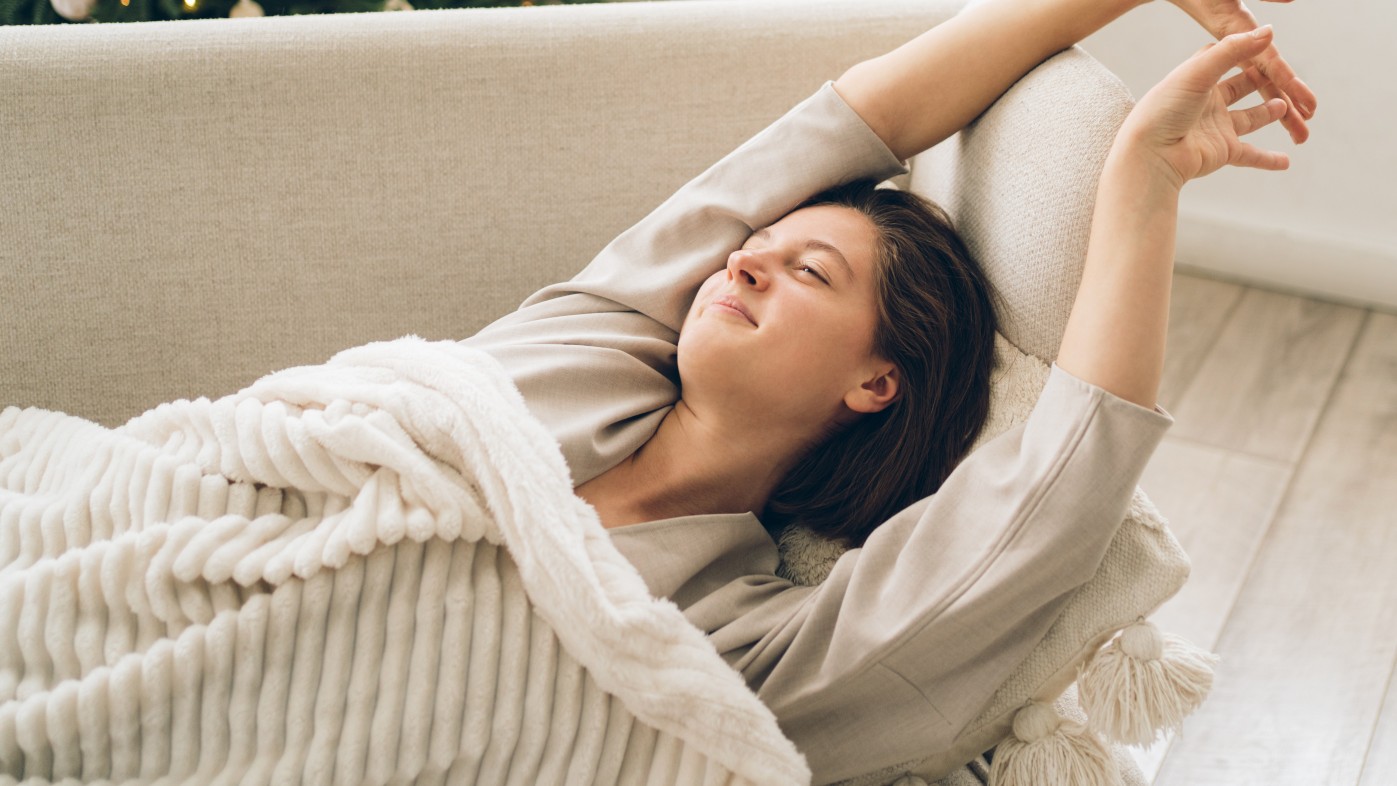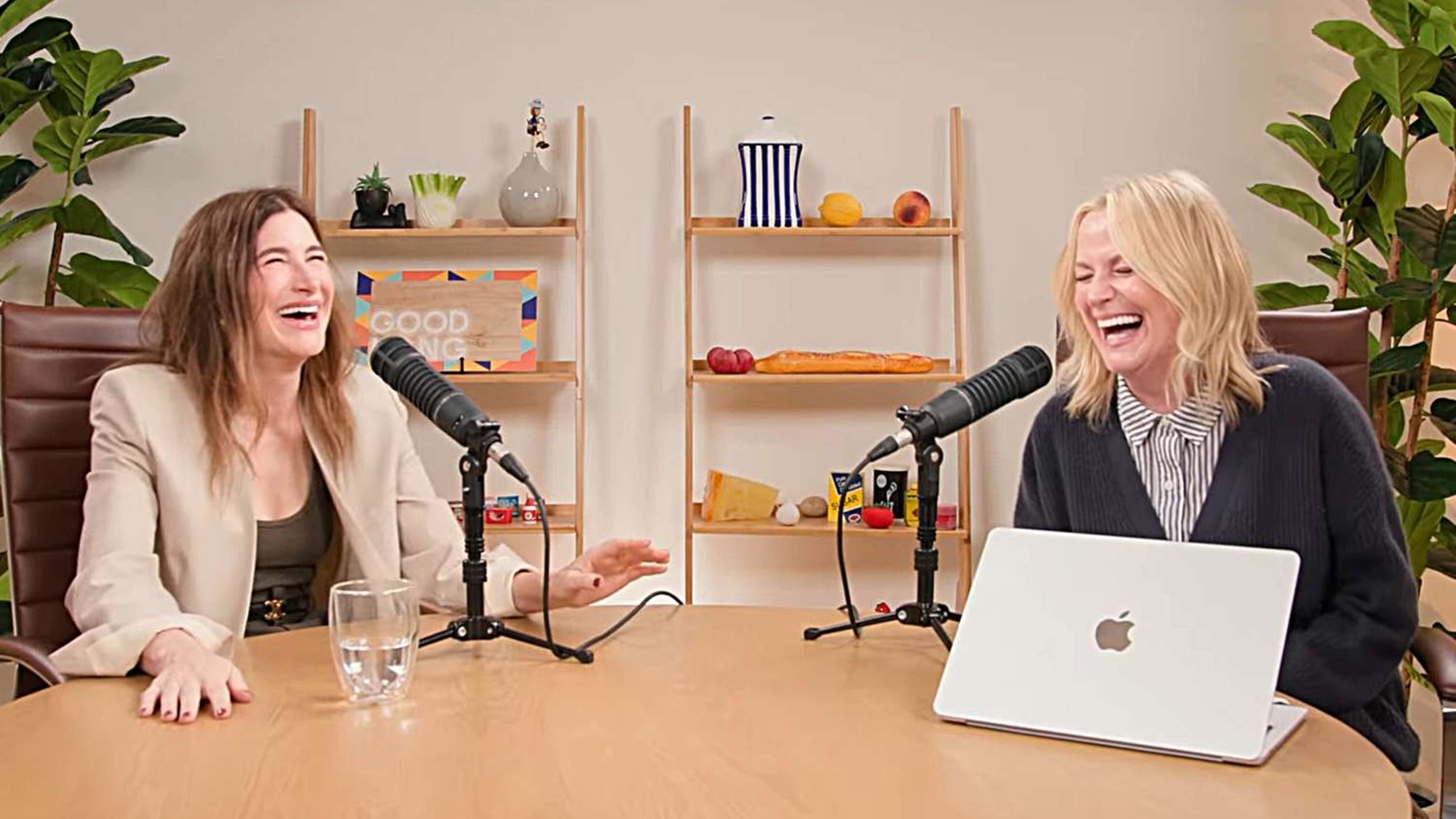
Let’s face it, there’s nothing better than a nap. And now for some news most of us want to hear: a nap could improve your workouts. While I couldn’t quite justify a daily catnap to my editor as “crucial research,” I could ask a sleep expert for their expertise. So I did.
Dr. Wendy Troxel PhD, senior behavioral scientist and scientific advisor for the Sleep Foundation, gave us the lowdown on the best time of day to nap. We also cover how long a nap should last — no, more than an hour isn’t ideal — and tips for getting the most from a dedicated snooze.
Find out how a daily nap can boost your energy levels and workouts and why we should all indulge in one more often. And if you struggle to sleep, discover how the TikTok trend of brown noise could improve your sleep.
Are naps good for you?
We know that sleep is when your body rests, recovers, and repairs, with existing research indicating that sleep is an essential biological function. A decent night’s sleep can help us conserve energy, aid neural development like learning, emotional regulation, and toxin removal, and even improve cardiovascular and metabolic function.
A quick catnap could do wonders for good health and overall quality of life. On the flip side, we asked an expert if magnesium helps you sleep and uncovered how poor sleep could negatively affect your mood, metabolism, and stress levels.
But while power naps get their name for a reason, powering down to power back up requires tip-top timing if you want your naps to pay off. If you plan to take a nap during the day, here are a few factors to consider.
How long to nap for
Everyone reckons they’ve got the best nap length sussed. If you swear by a brief 10-minute power nap, you might be surprised to know you can benefit from more shut-eye during daytime sleep.
Get instant access to breaking news, the hottest reviews, great deals and helpful tips.
According to Dr. Troxel, timing is everything. “The key with naps is that they shouldn’t be too long or too late in the day,” she says. “Ideally, naps should last between 20 to 60 minutes. The reason longer naps are best avoided is that the longer you nap, the more likely you are to enter deeper stages of sleep, which is harder to wake up from.” As a result, Dr. Troxel warns, you may wake up feeling groggy and unrefreshed, which defeats the purpose of napping.
In fact, one study published by PLOS found that a 30-minute nap in the early afternoon could improve cognitive function during that dreaded post-lunch work lull.
A popular trend at the moment is to take a coffee nap – essentially, drinking a cup of coffee, going straight down for a nap, and then waking up after 20 minutes just when the caffeine are kicking in. It's designed to give you and extra boost.
The best time to nap
The 3 p.m. slump is a real thing. According to the Sleep Foundation, it’s due to the natural drop in your energy levels regulated by your circadian rhythm. But if you find yourself subject to a dip in motivation late afternoon, Dr. Troxel warns that naps too late in the day are a no-go.
“Naps should happen earlier in the day before 3 p.m., so as not to interfere with nighttime sleep,” she advises. “Napping late in the day or early evening hours is a bit like having a snack before dinner, which will deplete your hunger drive. Similarly, a late nap will deplete your sleep drive, making it harder to fall asleep deeply and quickly at bedtime,” she says.
The Mayo Clinic agrees, stating that napping can aid relaxation, reduce fatigue, increase alertness, and improve performance, including reaction time and better memory. However, those experiencing insomnia and poor sleep quality might find naps impair their ability to sleep even more — known as sleep inertia.
Do naps improve workout performance?
Appropriately timed naps earlier in the day that are relatively short (less than 60 minutes) can help boost energy levels and motivation. Dr. Troxel adds that a post-workout nap could benefit athletic performance and recovery.
“During sleep, the pituitary gland releases growth hormones which help with muscle repair and building tissue,” she explains. “But it’s important to remember that naps are no substitute for a good night of sleep. Make it a priority to get adequate, good quality night time sleep first, and use naps effectively and judiciously.”
One study published in the Scandinavian Journal of Medicine and Science in Sports found that midday naps enhance cognitive performance and perceptual responses related to sports performance. It also found that long-term naps more than 20 minutes provided superior benefits to athletes than shorter ones.
Although young adults can handle longer naps, it’s sensible to time your naps between 5 to 15 minutes before progressing to longer ones to improve your chances of avoiding sleep inertia.
Are you looking for more ways to improve your sleep hygiene? One expert discusses oversleeping causes and symptoms, a TikTok doctor reveals how to nap and still sleep well at night, and we cover one napping and sleep deprivation study here.
Wendy M. Troxel, PhD, is an internationally recognized sleep expert. and senior behavioral and social scientist at the RAND Corporation. She is also a licensed clinical psychologist, certified behavioral sleep medicine specialist, and author of “Sharing the Covers: Every Couple’s Guide to Better Sleep.” Dr. Toxel is a scientific advisor for SleepFoundation.org.

Sam Hopes is a level 3 qualified trainer, a level 2 Reiki practitioner and fitness editor at Tom's Guide. She is also currently undertaking her Yoga For Athletes training course.
Sam has written for various fitness brands and websites over the years and has experience across brands at Future, such as Live Science, Fit&Well, Coach, and T3.
Having coached at fitness studios like F45 and Virgin Active and personal trained, Sam now primarily teaches outdoor bootcamps, bodyweight, calisthenics and kettlebells.
She also coaches mobility and flexibility classes several times a week and believes that true strength comes from a holistic approach to training your body.
Sam has completed two mixed doubles Hyrox competitions in London and the Netherlands and finished her first doubles attempt in 1:11.
 Club Benefits
Club Benefits





